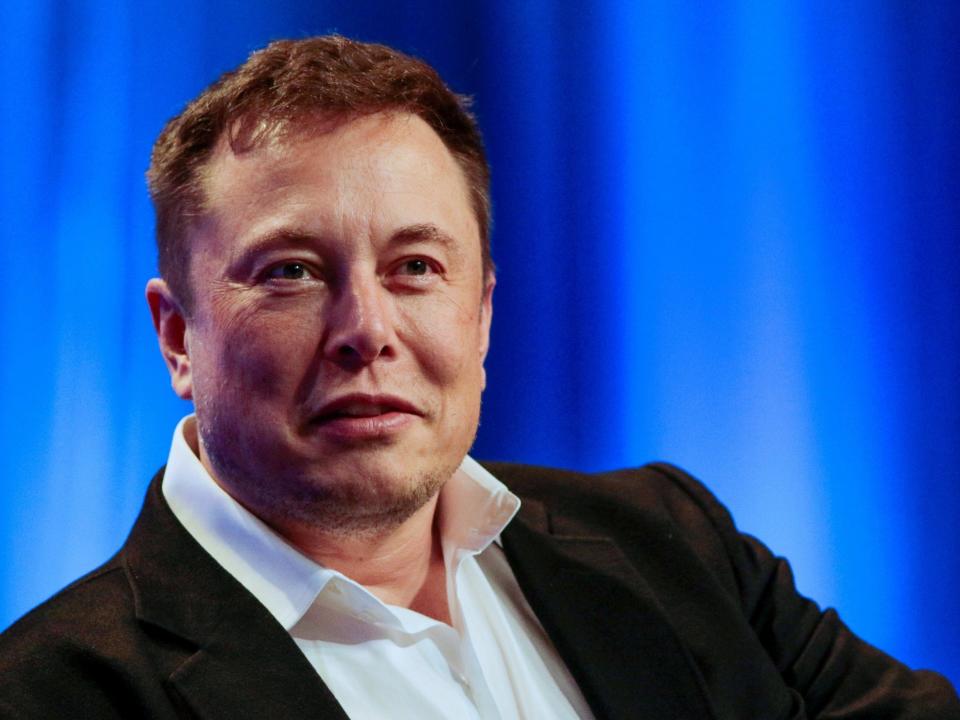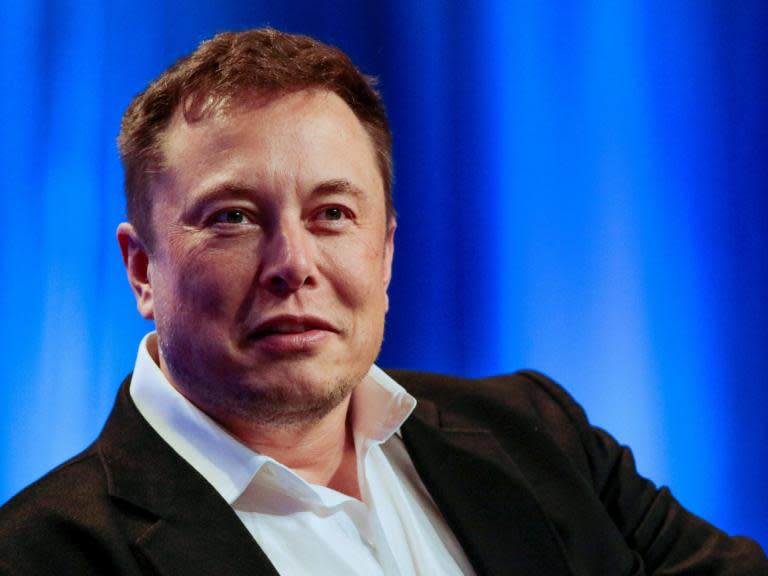If Elon Musk can't make Tesla profitable, there's little hope that electric cars will take over any time soon
Tesla is a car company, not a technology company, and it should be valued as such. That is the big message from Elon Musk’s sorrowful statement about job losses on Friday. Tesla has revolutionised the motor industry, but will end up either as a niche producer of high-end cars, or will be taken over by one of the established automotive giants.
The key point he acknowledged is that it is very hard to produce the base model of the Tesla 3, supposedly priced at $35,000 (£27,000), and make a profit. Up to now people have argued that as production was ramped up, rising volumes would reduce unit costs. This year Tesla has indeed managed to do so, but costs have not fallen. We don’t have costing details, but it may even be that the inefficiencies brought about by the huge pressure to get the cars out of the factory have actually increased unit costs. You can pump up output by piling on more labour, but that means you don’t get the economies of scale.
There is a further issue with the Tesla 3. It has not been designed for easy manufacture. Rival companies, as they always do, have pulled the car to bits to see how it is made, and the general conclusion is that while it is very clever electronically, it is not that easy to build. Musk has in effect acknowledged this, by noting the narrow margins. There will be design changes that will simplify production, but as the government incentive payments to buy electric cars are progressively eliminated, Tesla will have to run hard to stay in the same place.
But if Tesla cannot make a profit on Model 3, then its future as an independent manufacturer is not secure. Its share price fell by more than 10 per cent on Friday, but its market capitalisation – that is, its current value on the stock market – is still more than $50bn. Ford’s market cap, by contrast, is $32bn. And Tesla is strapped for cash. It has to make a bond repayment in March of $920m and while it still has a cash pile of around $2bn, this is shrinking as much of it is needed for more investment.
So what will happen?
I was struck by the difference in the tone of Musk’s message. There was none of the usual bombast we’ve come to expect from him. He wrote: “We, unfortunately, have no choice but to reduce full-time employee headcount by approximately 7 per cent (we grew by 30 per cent last year, which is more than we can support) and retain only the most critical temps and contractors … Tesla will need to make these cuts while increasing the Model 3 production rate and making many manufacturing engineering improvements in the coming months. Higher volume and manufacturing design improvements are crucial for Tesla to achieve the economies of scale required to manufacture the standard range (220 mile), standard interior Model 3 at $35,000 and still be a viable company. There isn’t any other way.”
Still be a viable company?
Once a chief executive starts warning that a company might not be viable, you know something big has changed. It is certainly not a company worth $50bn. The switch to electric cars will continue, but the quest for an affordable vehicle (in that $35,000 counts as affordable) is a long and difficult one
I think the verdict on Elon Musk will be that he created an extraordinary company that created a line of extraordinary products, the Model S being the key game changer. By doing so he changed the automotive industry forever. The switch to electric cars will happen much more swiftly than it otherwise would. But he has not learnt how to make money out of the business, and with present technology and costs he can’t. He is also better at creating a business than running it. But whatever happens to Tesla, the revolution continues.

 Yahoo News
Yahoo News 

